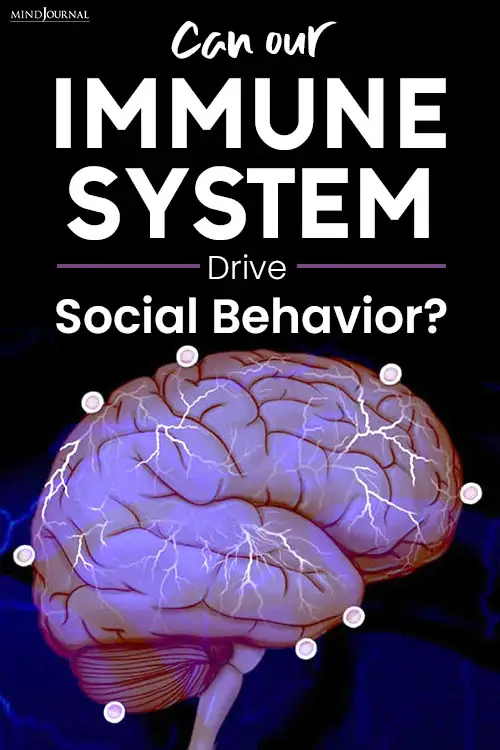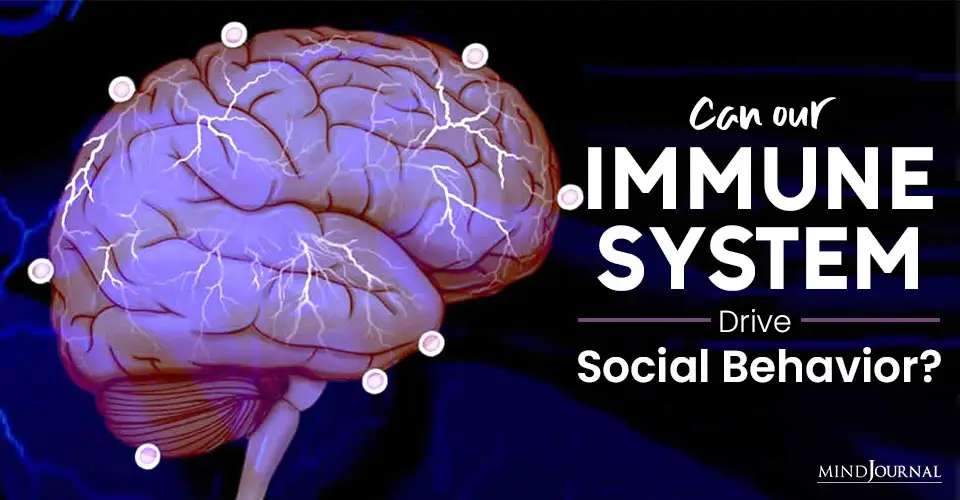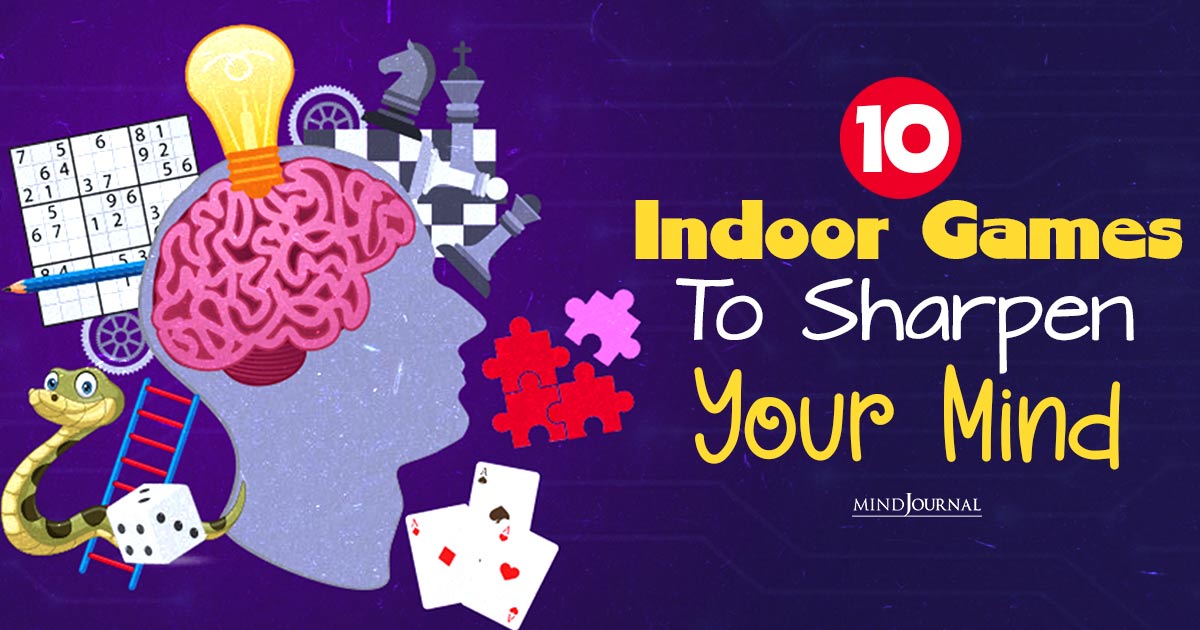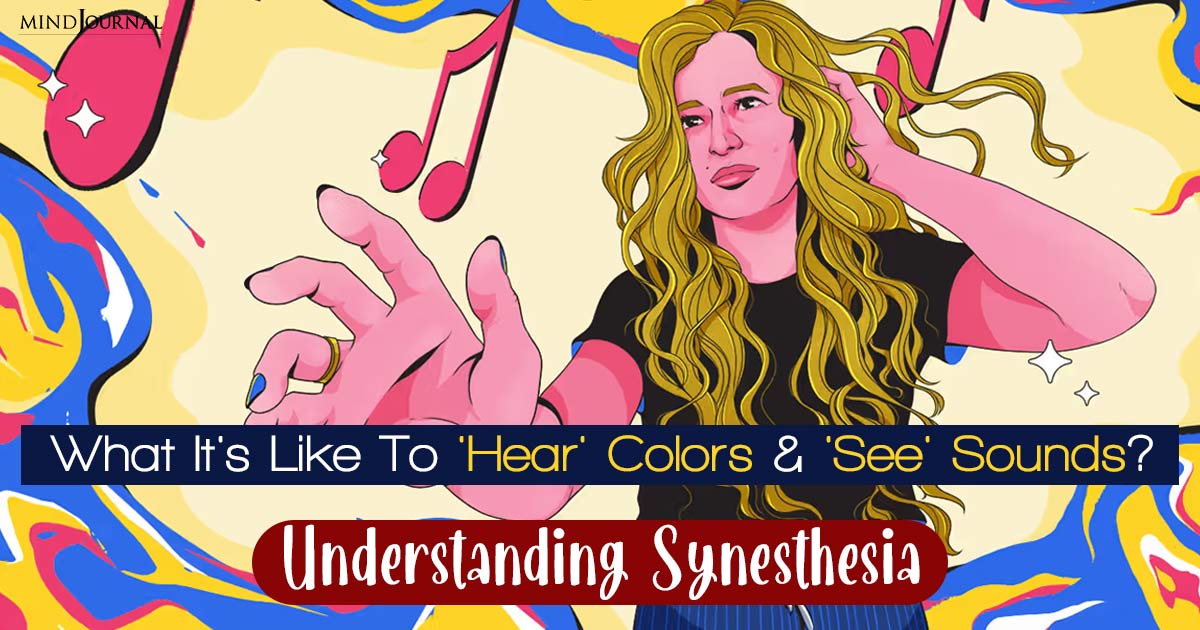Can our immune system regulate social behavior? Can it influence our desire to interact with others? The immune system is our main defense mechanism against disease.
Dysfunctions in the immune system are therefore associated with a myriad of complications, including several neurological and mental disorders.
Yet, for a long time the brain and the immune system were considered to be isolated from each other – it was believed that the brain was not supplied by the lymphatic system (which carries white blood cells and other immune cells through a network of vessels and tissues) because no evidence of lymphatic supply to the brain had ever been found.
Research on our immune system
But recently, a research team from the University of Virginia School of Medicine was able to find lymphatic vessels in the meninges that cover the brain. This was a huge discovery that shattered the long-standing belief that the brain was “immune privileged,” lacking a direct connection to the immune system.
After discovering the direct link between the brain and the lymphatic system, the same group has demonstrated that immune cells can influence learning behavior, exerting their effects apparently from the meninges, the membranes that cover the central nervous system.
Now, the same group has shown that the immune system has another surprising effect on the brain – it can directly affect, and even control social behavior, such as the desire to interact with others.
Related: Fasting Upto 72 Hours Can Reboot The Entire Immune System: New Study Reveals

Link between the immune system and social behavior
Using mice with impaired immunity, the authors showed that partial elimination of immune cells from the meninges was sufficient to induce deficits in social behavior. These social deficits were reversed when the mice were repopulated with immune cells.
These immune impaired mice also exhibited hyper-connectivity in specific brain regions associated with social behavior. Again, repopulating mice with immune cells reversed the abnormal hyper-connectivity observed. Other functionally connected regions not directly implicated in social function were not affected by a deficiency in adaptive immunity.
Despite their proximity to the brain, immune cells in the meninges don’t enter the brain. Their effects, therefore, have to be exerted by releasing molecules that can cross into the brain. The authors were able to identify which molecule acts as a messenger between the immune system and the brain in regulating social behavior.
Related: 16 Research-Based Psychological Hacks for Your Social Life
The molecule is called interferon gamma (IFN-gamma) and it can be produced by a substantial number of meningeal immune cells. Blocking the production of this molecule caused similar social deficits and abnormal hyper-connectivity in the same brain regions as in immune impaired mice.
Restoring the levels of the molecule restored the brain activity and behavioral patterns, through the action of IFN-gamma in GABAergic inhibitory neurons. Importantly, the authors also demonstrated that rodents living in a social context (group-housing) had natural increases in the production of IFN-gamma, whereas rodents in social isolation had a marked loss of IFN-gamma. Zebrafish and flies showed a similar pattern.
These striking results thereby show how that a molecule produced by the immune system can have a determining influence on social behavior. But such as the immune system can drive sociability, it is possible that immune dysfunctions may contribute to an inability to have normal social interactions and play a role in neurological and mental disorders characterized by social impairments, such as autism spectrum disorder, frontotemporal dementia, and schizophrenia, for example.
Social behavior is crucial for the survival of a species through foraging, protection, breeding, and even, in higher-order species, mental health. On the other hand, social interaction also brought about an increased exposure to different pathogens; as a consequence, our immune system had to develop new ways to protect us from the diseases to which social interaction exposed us.
And social behavior is obviously beneficial to pathogens since it allows them to spread. The authors of the study therefore hypothesized that the relationship between humans and pathogens may have driven the development of our social behavior. There may have been a co-evolutionary pressure to increase an anti-pathogen response as sociability increased, and it is possible that IFN-gamma may have acted as an evolutionary mechanism to simultaneously enhance social behaviour while also enhancing our anti-pathogen responses.
The implications and the questions that arise from these findings are tremendous. Is it possible that our immune system modulates our everyday social behavior or even our personality? Can new pathogens influence human behavior? Can we target the immune system while treating neurological or psychiatric disorders? New research avenues are wide open.
References
Derecki NC, et al (2010). Regulation of learning and memory by meningeal immunity: a key role for IL-4. J Exp Med, 207(5):1067-80. doi: 10.1084/jem.20091419
Filiano AJ, et al (2016). Unexpected role of interferon-? in regulating neuronal connectivity and social behaviour. Nature, 535(7612):425-9. doi: 10.1038/nature18626
Kennedy DP, Adolphs R (2012). The social brain in psychiatric and neurological disorders. Trends Cogn. Sci. 16, 559–572. doi: 10.1016/j.tics.2012.09.006
Kipnis J (2016). Multifaceted interactions between adaptive immunity and the central nervous system. Science, 353(6301):766-71. doi: 10.1126/science.aag2638
Louveau A, et al (2015). Structural and functional features of central nervous system lymphatic vessels. Nature, 523(7560):337-41. doi: 10.1038/nature14432
Written by: Sara Adaes, PhD
Originally appeared on: Brain Blogger









Leave a Reply
You must be logged in to post a comment.